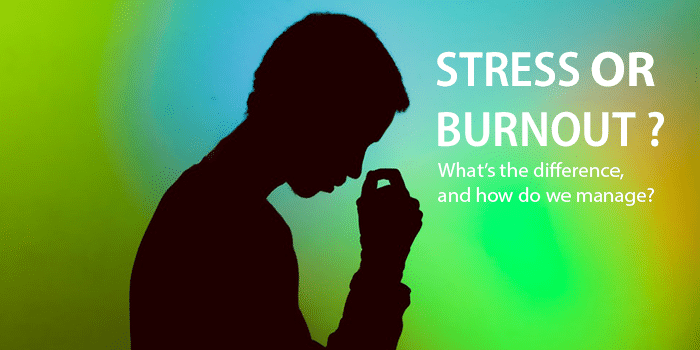 5-star Fitness
5-star Fitness
 5-star Fitness
5-star Fitness

By Page Lauer, LMFT
What is the difference between STRESS and BURNOUT? What might you need to know?
Why does it matter?
Consider this information and how it might help you or those you love!
Many of us are experiencing tremendous levels of both stress and burnout (especially with Covid-19 realities and effects). These concepts are often used synonymously or to reference the same experience. While they exist in the same arena, there are some key differences.
Stress, for example, is commonly known as significant tension and is meant to be temporary, not enduring. It is usually experienced as pressure related to specific circumstantial events (i.e. financial deadlines, bad news, getting a new job, illness, etc). Stress inevitably occurs when our physical, mental, or emotional capacity is stretched beyond our comfort level or threshold. Many of us can endure this for a while, similar to a stretched rubber band, and then return to a calmer state as stress resolves. We may even cope well with stress through exercise, quality sleep, relational support, meditation, and activities that rejuvenate us. For those of us that endure stress too long, or do not have stress-relieving coping skills in place, burnout is commonly the result.
Burnout, in contrast, is not temporary and passing in the same way stress is. Burnout is more commonly known as an extended state of distress, fatigue, or breakdown, as a response to enduring excessive stress. Symptoms may include: